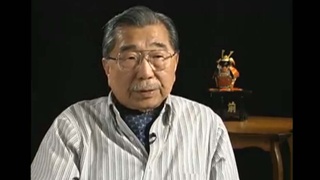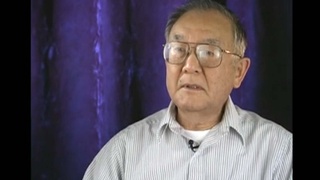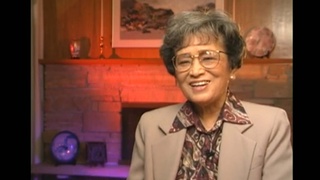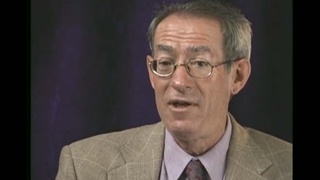Interviews
“No more shikataganai”
When there’s a real blatant injustice like that, they should speak up. No more shikataganai, you know, “can’t help it.” You know, they should speak up. And it’s like in this present condition, in this Iraq War thing, there’s a minority of people are speaking up, but the majority just seem to go along with anything the Bush family proposes. Now, they’re, gradually, the other groups are starting to get a little wiser and starting to speak out. But I think that the lesson is to not take everything lying down. You have to speak up, I think, even if it seems like it’s against all odds. Just like in our case, we took on the government, but uh… In our case, we were lucky, we finally, uh, prevailed at the end.
Date: May 9, 2006
Location: California, US
Interviewer: Lisa Itagaki
Contributed by: Watase Media Arts Center, Japanese American National Museum







